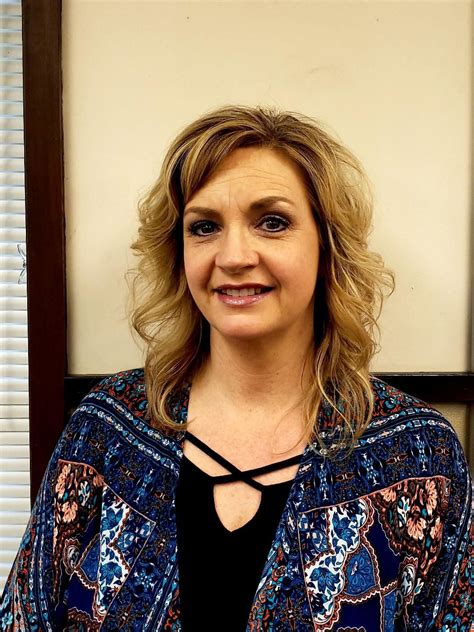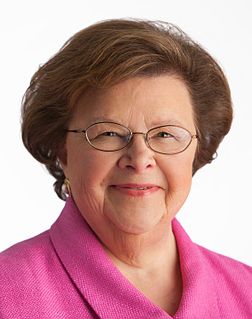A Quote by Ban Ki-moon
Women and girls are disproportionately affected by landmines. They have different needs when it comes to education about risks. And they may face greater challenges when a family member is killed or injured.
Related Quotes
Women are the majority of immigrants yet the minority of immigrant employment visas; immigrant and native born women who work in the service arena - such as domestic workers - are not valued for their work, making pennies on the dollar compared to male counterparts; and, women are disproportionately affected by family reunification policies.
The fact is that given the challenges we face, education doesn't need to be reformed -- it needs to be transformed. The key to this transformation is not to standardize education, but to personalize it, to build achievement on discovering the individual talents of each child, to put students in an environment where they want to learn and where they can naturally discover their true passions.
In Afghanistan, there have been a lot of teachers assassinated, schools are being blown up, girls are harassed and in some cases, attacked on their way to school. Even if the girls are able to get an education, they can dream big, they can think about how they want to become a member of parliament because they are now women members of parliament in Afghanistan, nobody is really sure how long everything is going to last.
CoverGirl's Girls CAN movement is perfectly aligned with my passion for helping young women overcome life's challenges, and my commitment to highlighting girls' successes. I am thrilled to partner with CoverGirl to embark on this exciting journey to improve the lives of girls and women in the world.









































